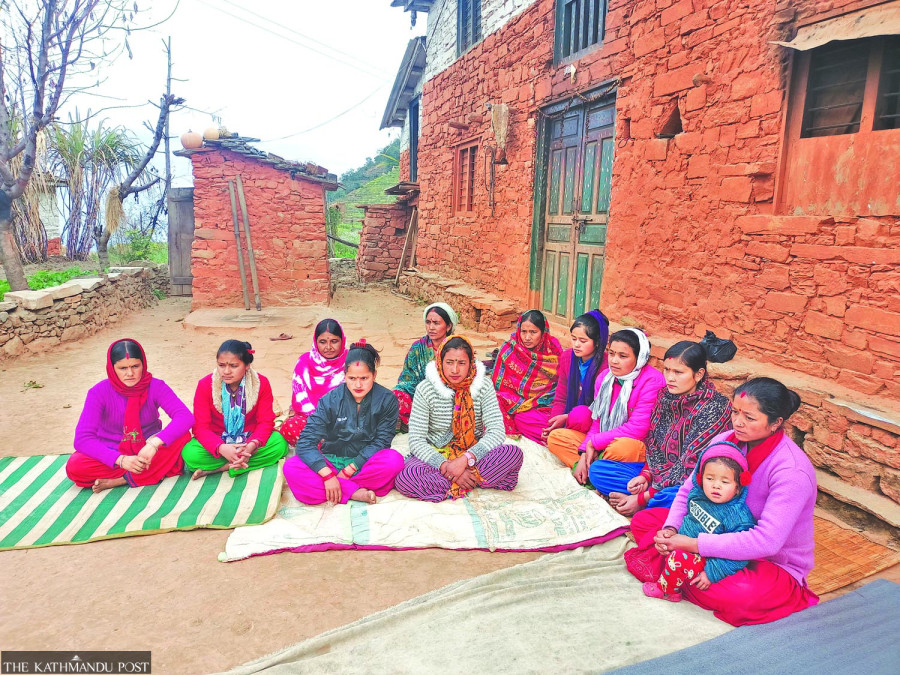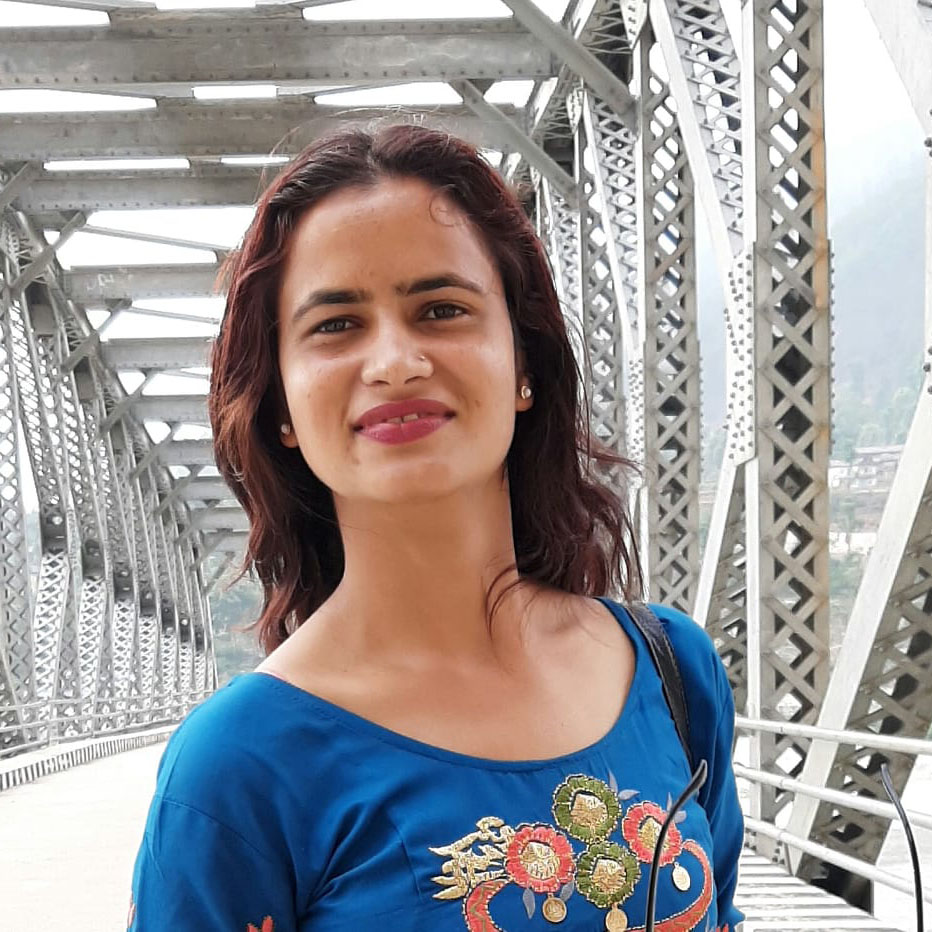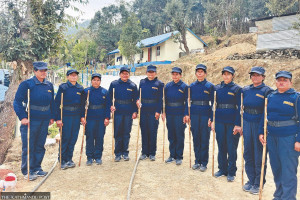Sudurpaschim Province
Achham women deprived of treatment as cases of uterine prolapse rise
Women suffering from uterine prolapse due to multiple pregnancies and poor care depend on health camps but the district hasn’t seen one in the past four years.
Menuka Dhungana
At 27 years of age, she has given birth to five daughters. Married off at 14, the woman has had three sex-selective abortions in the past 13 years.
The woman from Dhakari Rural Municipality-5 in Achham, a hill district of Sudurpaschim Province, asked her name be withheld for privacy reasons. Currently, she’s under tremendous pressure to give birth to a baby boy despite her failing health.
“I was taken to Lucknow in India for abortions by my family,” she said. “Frequent pregnancies and abortions have affected my reproductive health in many ways but the most pronounced medical condition I am suffering from is uterine prolapse.”
Uterine prolapse is a medical condition wherein the pelvic floor muscles and ligaments stretch and weaken to a point that they fail to provide enough support to the uterus.
She was diagnosed with the condition around a year ago.
The hospital in Mangalsen, the district headquarters of Achham, had advised her to seek treatment in a more advanced hospital in the city, but her family did not think it necessary.
“I have been suffering from severe lower abdominal pain and back ache for a while now. I feel discomfort even while walking,” she said. “The doctor at the district hospital had told me I should seek immediate treatment but my husband and in-laws do not prioritise my health because I have failed to give birth to sons.”
Another woman from Ward 13 of the same municipality says she has been suffering from uterine prolapse for the past eight years but had concealed her illness from her family fearing social stigma.
“My husband works in India and when I told him about my health problem, he said he would take me to India for treatment at a suitable time,” said the 41-year-old, who also wished to remain anonymous.
Four years ago, a health camp was organised at Mangalsen targeting women suffering from uterine prolapse. Rather than waiting for her husband, the 41-year-old went to the health camp and underwent surgery. Her pain was unbearable. “I could finally get some relief,” she said. “After the surgery, the doctors asked me to seek regular check-ups without fail but I haven’t gone anywhere for a follow-up since my husband is still in India and I have no one else to take me to a bigger hospital.”
She added, “If we had the facility to get treatment for uterine prolapse in the village itself, we wouldn’t have to depend on someone else to take us somewhere else.”
Several women in Mangalsen share similar sentiments. The district hospital, the most accessible and affordable health institution for the rural population in Achham, is not equipped to offer health services to patients with uterine prolapse. The patients have to go in search of better-equipped hospitals outside the district, a solution not viable for those from poor backgrounds.
Atul Bhardwaj, a doctor at Achham District Hospital, says the district hospital does not have the required medical tools or the human resource to extend health services to patients with uterine prolapse.
“Many women suffering from uterine prolapse visit us for treatment but the treatment is not possible at the hospital because we don’t have specialist doctors or tools required to treat the disease,” said Bhardwaj. “We have no alternative but to refer them to the well-facilitated hospital outside the district.”
The women suffering from uterine prolapse in Achham, therefore, depend on health camps but such a health camp has not been organised in the district for the past four years.
“The provincial health directorate of Sudurpaschim Province was scheduled to organise a health camp for uterine prolapse patients in Achham last year. But that did not happen for various reasons,” said Jhanak Dhungana, chief of the District Health Office in Achham. “There are no plans to organise the camp this fiscal year either.”
According to Bhardwaj from the District Hospital, women below 30 years of age in Achham are increasingly found to be suffering from uterine prolapse. “Rural women give birth to many children in the hopes of a boy,” he said. “They even undergo sex-selective abortion, some out of their own volition while others are forced to do it by their family. These are the leading causes behind so many young women suffering from uterine prolapse.”
Early marriage, lack of public health awareness, laborious work during the postpartum period and lack of nutritious food during and after pregnancy are other causes of uterine prolapse, said Bhardwaj.
There is no government data on the exact number of uterine prolapse patients in Achham but Dhungana, from the District Health Office, states that most women in rural areas are suffering from the medical condition. “We identified 10 uterine prolapse patients last year,” he said. “Their condition had already matured to the third and fourth stages and were in need of immediate surgery.”
The old pain has resurfaced, says the 41-year-old woman, but she hasn’t sought any treatment. “I cannot talk about it with other people. I am again suffering from severe abdominal pain,” she said. “My only hope now is another health camp and I have been waiting for it.”




 8.65°C Kathmandu
8.65°C Kathmandu















